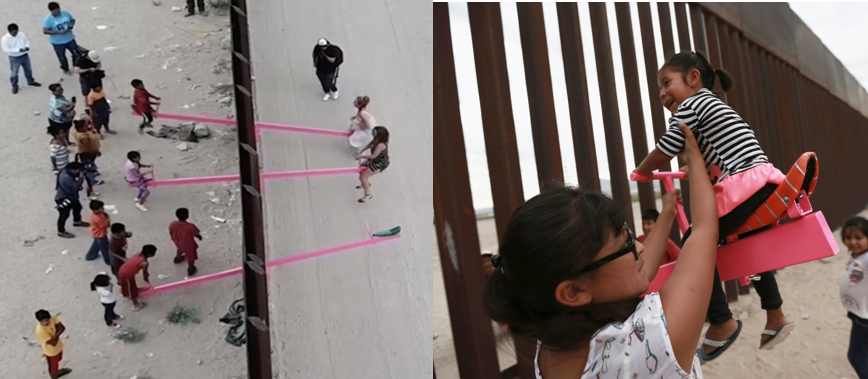Power to the Prompters: How AI Heralds an End to Cliché
Ever since the Victorians began chaining us to our single function métiers 170 years ago, we’ve been in a slow decline toward dehumanization. For the sake of productivity, humans were shackled to repetitive tasks alongside a growing number of machines. Increased productivity expectations coincided with less intellectual autonomy for the ordinary citizen. A single-pathed vocation became a moral duty. These factors gradually turned the most intelligent animal on the planet into communities of worker drones executing preordained tasks.
That is until now.
Yes, we still live in a world dictated by quarterly earnings, but a new tool has come of age and it’s about to remind us how to think for ourselves again—a tool to banish cliché, and triteness, and usher in a renaissance of creativity and enlightenment. The first industrial revolution to invite humans back into the process will ironically be spearheaded by robots.
AI is the logical conclusion of two centuries of automation preparation. First, we dehumanized people and gave them systematic jobs, then we built machines to scale those jobs. In the late 20th century we began capturing and analyzing data to inform more efficient ways of directing those machines. Finally, we have enough data, connective nerve tissue, and synapses to empower the machines to think and direct their own tasks. While many see this last step as the one that heralds a sidelining of humans, I believe that it’s the first step towards the re-humanization of the workplace.
As I played with ChatGPT in the weeks after it was released in December, I found myself surprisingly stimulated, even energized by the interactions. At the very lowest level, it removed the monotonous tasks that take up 70% of my day. The emails where I’m “just following up,” or “double checking you received my last email” kill a small piece of me each time I send them. There are the explainers, proposals, and troubleshooting emails that also dehumanize me as I forward another FAQ link and cringe at the thought that I’m a robot. But there’s also the first draft of a genuinely ‘thinky’ task where my hours of procrastination are thwarted by having my artificial copilot nudge and cajole me into completing it. I realized that, instead of the painful struggle of starting a job, I’m now mid-report, sparring with my intelligent friend as I edit it into something I’m pleased with.
When I look back over the day, this same companion relieved me of my self-hatred by dispatching those trite and repetitive emails without a complaint and then prompted me to think more deeply about the important stuff. In jobs like mine, where we’re dreaming up imaginative ways to understand humans more holistically, my artificial companion effectively becomes a ‘people prompter,’ not only helping me to engage my whole brain but helping us see other whole humans.
AI is still not quite good enough to invent original ways of thinking, poetic turns of phrases, or creative solutions to our daily problems. They are essentially master plagiarizers and regurgitators. But guess what? I am now better at deploying my own imagination. Especially now my new work companion is happily doing my old jobs and prompting me to think more!



